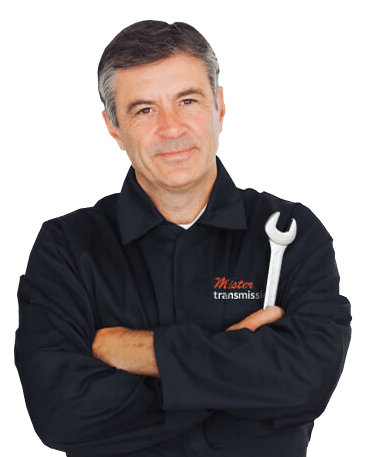


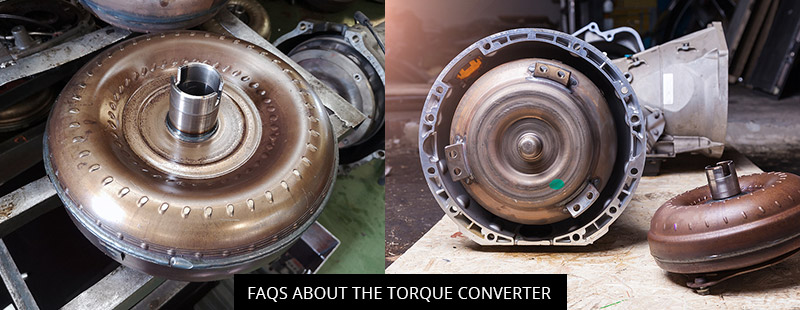
Torque converters are key components of transmissions. How often do they require repair? Are they expensive? And just what the heck are they? Here are some frequently asked questions about torque converters.
In a manual transmission, the engine is connected to the transmission via the clutch. The clutch is pretty important, because without it, you couldn’t possibly stop your vehicle without stalling your engine. But automatic transmissions do not have a clutch. Automatic transmissions utilize a torque converter. The torque converter plays a similar role to the manual transmission clutch.
The torque converter is a type of fluid coupling, which allows the engine to spin somewhat independently of the transmission. When an engine is turning slowly, like when you’re idling, for example, only a small amount of torque passes through the torque converter. As a result, you needn’t press hard on the brake pedal to keep the automobile stationary. When the light turns green and you’re done idling, you press on the gas pedal. But you have to press harder to get going than you do to accelerate when you’re already in motion because engine is just speeding up and pumping more fluid in the torque converter, resulting in more torque being transmitted to the wheels.
Modern torque converters can multiply the torque of the engine by two or even three times. Maximum multiplication only occurs when the engine is turning much faster than the transmission.
It’s not exactly fair to compare the two directly, but no, they are not as efficient. Ultimately this is because automatic transmissions are not as efficient as manual transmissions. The goal of an automatic transmission is to maximize the ease of use. At high speeds, the engine and torque converter almost move at the same speed. However, for efficiency, it would be ideal for them to move at exactly the same pace.
Some torque converters have a lockup clutch to make up some ground on the efficiency front. When the two halves of the torque converter get up to speed, the lockup clutch locks them together, thus eliminating slippage and improving efficiency.
A problematic torque converter can manifest in a number of ways including slipping, overheating, unusual noises, and contaminating the transmission fluid.
If you take care of your transmission, no. But when there are transmission problems, torque converters are some of the more common items to be replaced. To learn more about torque converters, please contact Mister Transmission.



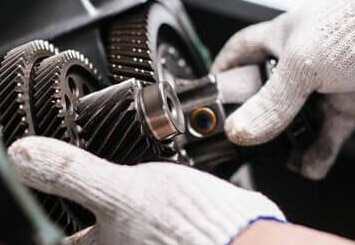
The evolution of transmissions has made these machines and systems increasingly complex. When transmission repairs are required, determining the cause and cure for what ails can be tricky.
Read More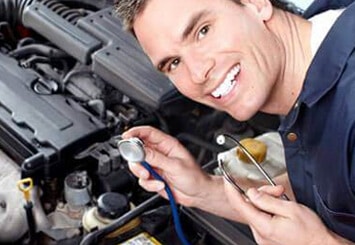
At Mister Transmission we have access to leading-edge diagnostic equipment, enabling us to offer you the fastest and most accurate findings about what’s going on inside your vehicle’s transmission.
Read More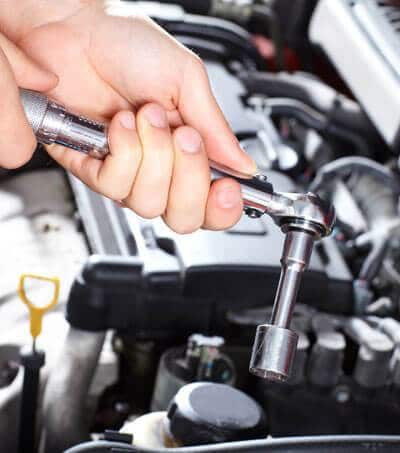
Just as you have other parts of your car serviced, your transmission needs maintenance to ensure a long life and avoid transmission problems.
Read More